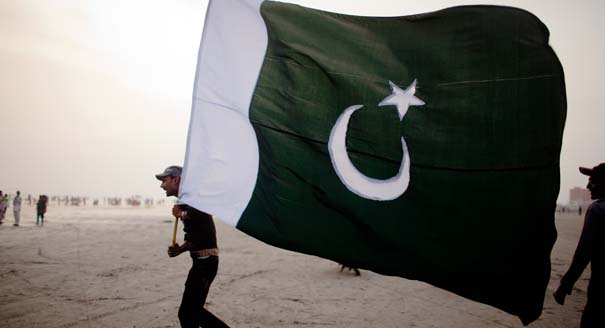The impact of Pakistan on the situation in Afghanistan is seriously overestimated. Pakistan has never been capable to exercise a decisive influence in its neighbor state, even when it was planning to do so. For instance, having decided to create Taliban after the Soviet troops withdrawal from Afghanistan, Pakistan erred in their assessment of the Taliban capabilities and intentions:
- Taliban fighters were unable to conquer the entire territory of Afghanistan, because the Northern Alliance, supported by India, Iran, and Russia, succeeded to control the northern regions of the country;
- Taliban increasingly distanced themselves from Pakistan that nurtured them; there were more foreign mercenaries in their midst, whose growing influence presented dangerous possibilities;
- Taliban did not intend to neglect the powerful force of Pashtun identity and thus rejected Pakistan’s offer to accept the Durand Line as a legitimate interstate border.
Pakistan appeared not to be ready to face bad consciousness of the crisis in Afghanistan. According to official estimates, about 49,000 people (15,700 of whom were in the military) have died since 2001 in Khyber Pakhtunkhwa Province and FATA due to Pakistan’s participation in the anti-terrorist campaign. It is hard to imagine what Pakistani interests in its conflict with India can justify such losses. The fighting in Afghanistan triggered terrorism in Balochistan, Khyber Pakhtunkhwa, and FATA. It then spread to the other parts of Pakistan.
The number of radical, extremist, and terrorist organizations and their supporters is on the rise in Pakistan because of the Afghan war. These dynamics pose a threat to the institution of government. Some analysts therefore believe that Pakistan may morph into an Islamist state (see, for instance, an opinion expressed by Bruce Riedel, one of the fathers of the AfPak strategy). Of course, the threat is not as real as it appears, but it cannot be completely discounted.
Although the situation related to violence in Pakistan is already extremely complicated, many observers believe it may take a turn for the worse after 2014. The withdrawal of the bulk of the International Security Contingent Assistance Force from Afghanistan may bring the militants that are currently fighting for the opposition back to Pakistan. They are then likely to put their radical views into practice. If this is the case, religious minorities, which represent ideological differences, will become their main target. Based on recent incidents, it is no longer a remote possibility.
Current problems and future risks will not allow Pakistan even to think about the decisive influence in Afghanistan. After 2014 the main focus of Islamabad will be on the homeland security, especially in the tribal area.





